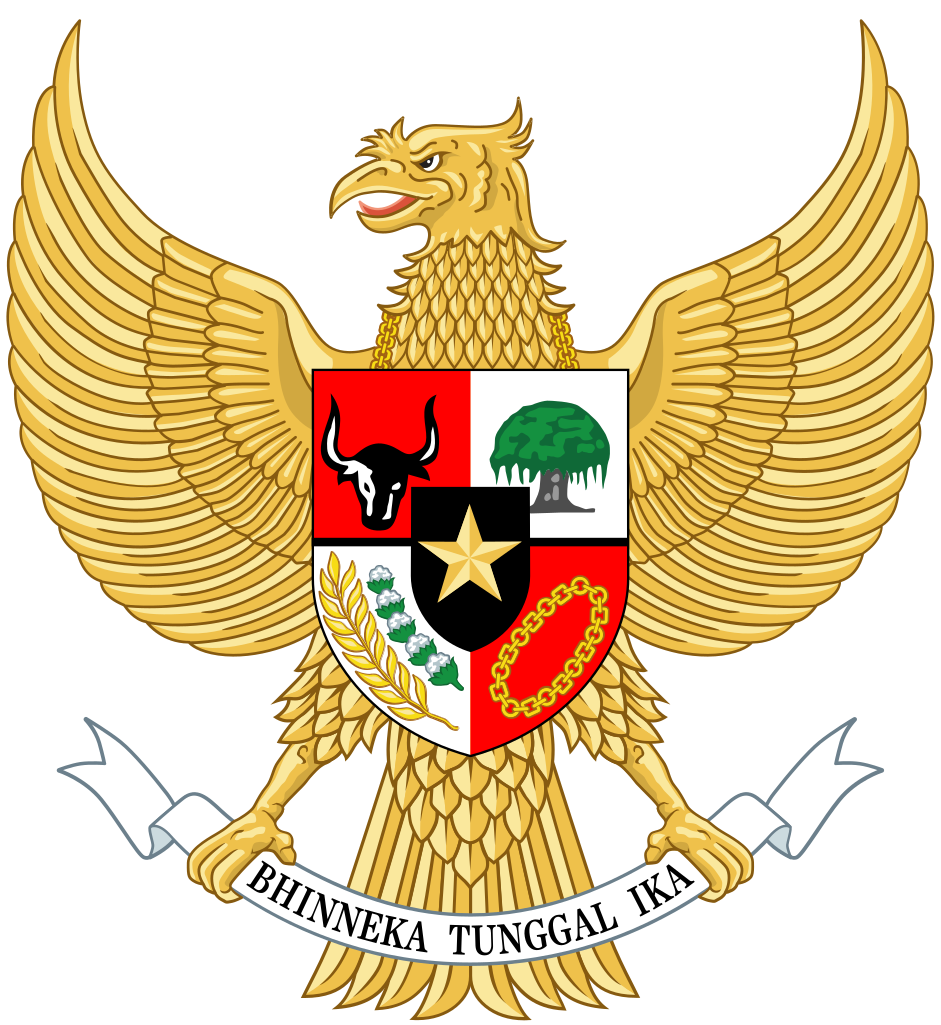Introduction
The high level of dispute in society regarding the 2018 DKI regional governor elections and the 2019 presidential elections, which led to issues of identity, makes us question the democratic system, which is considered modern and in line with the spirit of the times (zeitgeist), instead has become an arena for the sharpest frictions in society. Vulgarity is shown; indeed, identity cannot be avoided, and it is natural for humans to love their own identity, religion, ethnicity, and culture. However, only this identity becomes a problem when it is packaged in a spirit of exclusivity and used as a tool to win the contest for democracy, which should humanely respect every difference in identity and focus on meritocratic matters, such as track records of success and contested programs.
Furthermore, it is even more concerning when the current political competition occurs only among the elite but also at the grassroots level. Democracy, indeed, aims to bring a spirit of equality so that the grassroots can also feel political rights and voices; it also brings political issues to lead to horizontal and private matters, such as making infidel accusations or not praying for the bodies of people who have different choices, because of this incident should be addressed comprehensively in order to avoid conflict in society, primarily if this conflict is based on structural issues, which are latent and difficult to stop.
Conflict itself is a conflict that begins with the existence of class differences and positions that dominate and are hegemony so that it allows for alienation-discrimination-exploitation-repression to maintain the existing hierarchy by the ruling group or to destroy it by the oppressed group (Thomas Matyok, 2011). Structural problems are usually carried out by the majority group or those holding power (either from the majority or minority groups) so that in implementing the life of the nation and state, it always takes sides with the ruling group and discriminates against the vulnerable groups.
Examples include freedom of belief, no opportunity to receive an equitable education, unequal social and political rights, and restrictions on obtaining a decent life (Rahardjo, 1981). Structural conflicts can also take the form of racism, sexism, or other forms of chauvinism, which can trigger acts of resistance from oppressed groups and have the potential to give rise to conflict (Peace Studies, 2004). In the realm of Indonesian democracy, we can see this structural problem. The irony is not used as a problem formulation for a solution. However, instead, it becomes a problem that can be used even for pragmatic interests – power, which is exhaled so that it can attract voters.
Returning the Spirit of Pancasila
The intensification of the problem of political competition, which can lead to the destruction of the state and nation structure, makes us have to look again at Pancasila as a shared consensus which is the reference and pillar of the nation. The fundamental problem is how Pancasila explains and answers the emerging problems in the country, so we need to understand the essence of Pancasila itself.
One opinion that needs to be considered regarding Pancasila is stated by Yudi Latif, who explained that Indonesian is defined as the total of the fragments of identity, such as fractions of religion, ethnicity, class, and social class. Moreover, by analogy with mathematics, it is impossible to add up these fractions if we do not have the same denominator, as well as Indonesian, so ethnic fractions, religious fractions, class, and social class fractions we cannot add together except if Indonesia has the same denominator (common denominator). The common denominator is Pancasila, and if briefly defined, Pancasila is the grand ideology of social inclusions (ideological umbrella for inclusivity).
The genealogy (roots) of Pancasila itself, in Sukarno’s view, is understood as the way of life (Weltanschauung) of the Indonesian people, which was born from the essence of the Nusantara tradition. Sukarno stated his opinion that Pancasila was not contrary to the Indonesian character, even though it was a consistent attitude that Pancasila is the foundation of a nation-state that is born not because of adopting foreign knowledge or experience, but because of the influence of the knowledge and experience of the Indonesian people itself, who had followed the principles and values of Divinity, Humanity, Unity, Democracy, and Social Justice.
The view that Pancasila is the original creation of the Indonesian nation was also mentioned by other figures, one of whom was Mohammad Hatta. Hatta explained that Indonesia’s socioeconomic principles manifested by the cultural and social conditions of Indonesian society, which prioritized cooperation’s economic and cultural values, and gotong royong, which were manifestations of traditional Indonesian socialism (Hatta: 1967). Thus, Pancasila is an inclusive induction process from the various treasures and values of the Indonesian nation, and then abstracted into state ideology and passed down as a way of life that should be absorbed by Indonesians.
Moreover, it is imperative in every conflict that occurs in society, including in the context of democracy where identity friction is currently heating up, primarily related to religion and ethnicity, it must be returned to the values of Pancasila as a treaty of state life which is explained in the points of Pancasila practice based on TAP MPR number 2 of 1978 that Belief and Piety in God almighty follow each religion and beliefs, respect each other among of religions, and do not impose a religion or belief on other people. As well as the third sila about the unity, integrity, interests, and safety of the nation and state above personal or group interests. Furthermore, if we can implement and make Pancasila values a way of life, this nation will remain intact, progress, and avoid the threat of disintegration. The closing quoted by Nurcholis Madjid’s words, Indonesian with its Pancasila is a pendulum of the balance of various identities, Pancasila with its inclusive ideology, will always be a unifier amid differences (Madjid: 2008).

